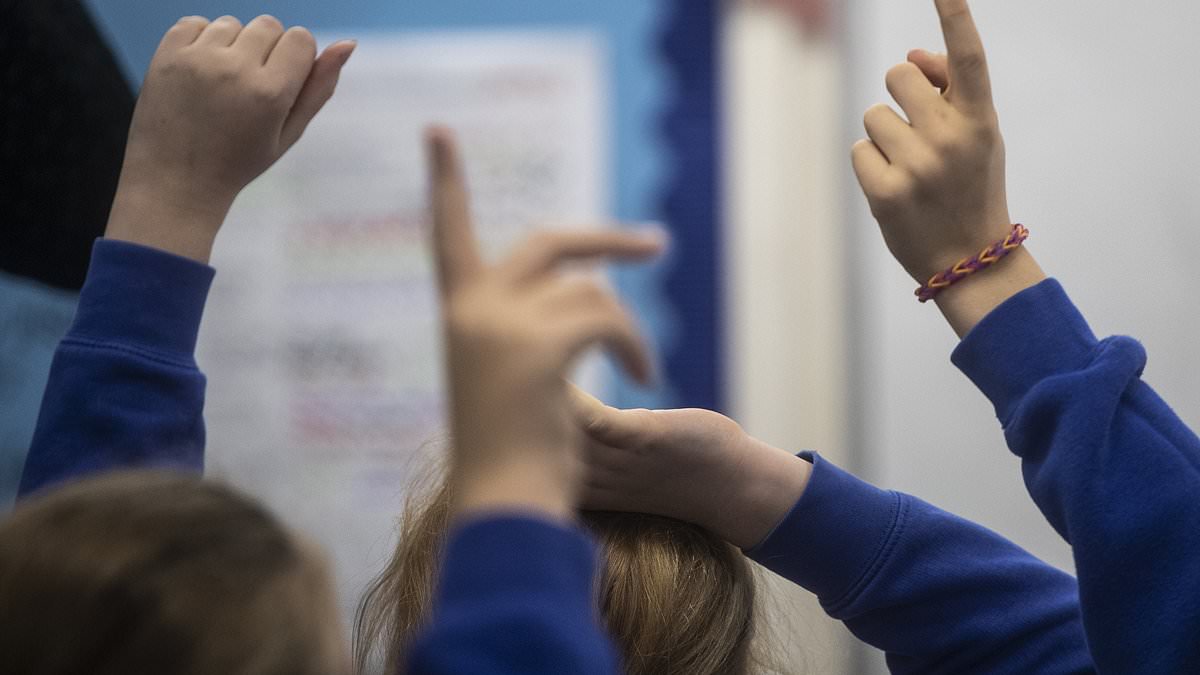By Editor,Harriet Line
Copyright dailymail

The share of children receiving special needs support has doubled in a decade and led to a ‘dramatic’ rise in spending, economists warn today.
In a report, the Institute for Fiscal Studies (IFS) said there was ‘worryingly little evidence’ on what support works best and called for a full review of the system.
It found that one in 20 pupils (5.2 per cent) aged under 16 in England now have an Education, Health and Care Plan (EHCP) – up from 2.7 per cent a decade ago. Some 7.2 per cent receive child disability living allowance (CDLA), up from 3.4 per cent over the same period.
Much of the rise is down to more children receiving support relating to autism and ADHD, the IFS said, with the number of pupils with EHCPs for autism almost tripling from 54,000 in 2015 to 149,000 this year.
There is also evidence such children experience poorer outcomes in early adulthood.
The report found 50 per cent of those who received both an EHCP and CDLA aged 15 were not in education, employment or training aged 22 – three times more than their peers.
And 60 per cent were on out-of-work benefits – four times more than their peers.
The IFS said annual spending on EHCPs and CDLAs combined is now £16billion – and could reach £21billion by 2029.
It called for a review of all the systems of support for children with special educational needs and disabilities, and also urged ministers to investigate how they can improve support for pupils with autism and ADHD in mainstream schools.
The IFS said that, with or without policy changes, the Office for Budget Responsibility should produce annual forecasts of high-needs spending by councils as the ‘rapid and uncertain growth is having a material impact on public finances’.
Darcey Snape, of the IFS, said: ‘An increasingly large share of young people are getting targeted educational and cash support to help them with special educational needs or disabilities. There is worryingly little evidence on what forms of support deliver the best outcomes.’
She said a ‘clear risk’ is that increases in spending on children will be followed by higher spending on young adults.
Mark Franks, of the Nuffield Foundation, said the system was ‘fragmented and hasn’t kept pace with the changing needs of the population’, adding: ‘There is a strong case for holistic review of the system.’
The Department for Education was asked to comment.



